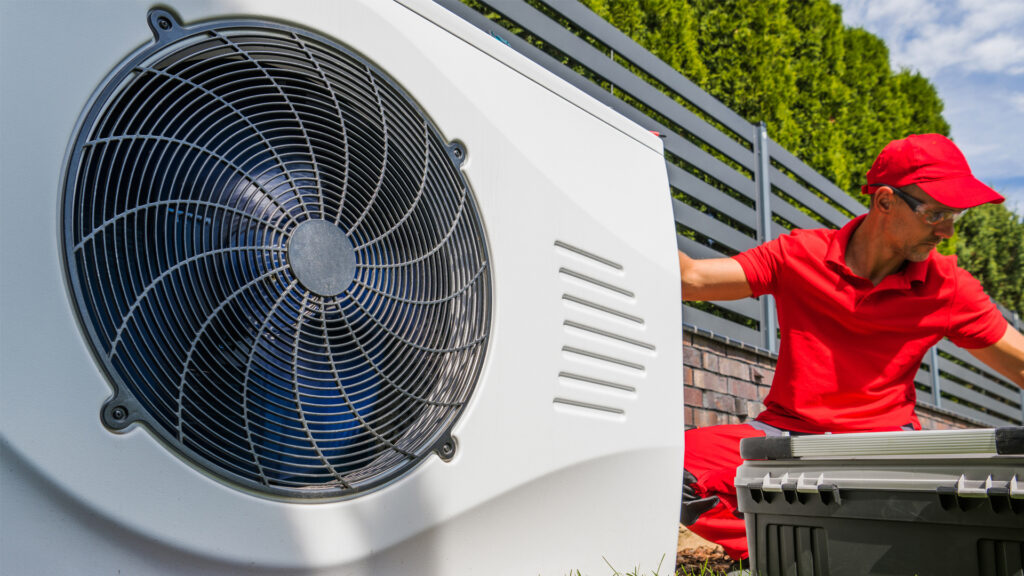By David Cranston, Environmental Defense Fund Florida
Florida residents are straining under increasing costs. A 2024 United Way report found nearly half of Floridians cannot afford the basic cost of living, with rural counties hit especially hard. Rising electricity bills exacerbate our cost of living and lighten our wallets. Thankfully, there’s a straightforward solution to lower these bills and make Florida more affordable: energy efficiency.

Millions of Florida residents have a high energy burden, spending a disproportionate percentage of their household income on energy, and according to a recent poll 84% of Floridians are concerned about our energy costs. Conversely, Florida ranks low in energy savings per household. A strong commitment to improving energy efficiency will change that, without changing our lifestyles.
Investing in energy efficiency measures, like upgrading air conditioners and installing heat pumps, hurricane windows and smart thermostats, will reduce energy waste and lower electric bills immediately. One study found that installing a high-efficiency heat pump and heat pump water heater could save the average Florida household 46% on their electricity bill. It can equal hundreds of dollars in savings every month that could go toward groceries, childcare or other family needs.
We are pleased state Agriculture Commissioner Wilton Simpson is fighting for relief for Floridians. The Florida Department of Agriculture and Consumer Services, which he leads, has launched an effort to address the imbalance of our high energy usage and low energy savings. It will help Floridians defray the upfront cost of energy efficiency measures by leveraging $346 million in federal funds for the Home Efficiency Rebates (HOMES) and Home Electrification and Appliance Rebates (HEAR) programs, which will assist low- and moderate-income Florida households in implementing energy efficiency improvements to reduce energy usage and make their bills more manageable.

We encourage Simpson and his department to ensure these programs are easily accessible and achieve maximum impact, by applying customers’ rebates when payment is due for the installation work and providing financing options including zero-interest loans for customers to cover the remaining cost.
The HOMES and HEAR programs are a great start. Florida can build on the agriculture department’s effort to unlock its full potential to cut energy costs. Our largest utilities commissioned a study that found we can attain more than 60,000 gigawatt-hours of annual energy savings from efficiency upgrades, equivalent to removing 4.7 million homes from Florida’s grid. Our current energy savings are less than 1% of that. This gives our state leaders and utilities a tremendous opportunity to help free Floridians from high electric bills.
By expanding investment in energy efficiency programs, we can save residents billions of dollars statewide, improve affordability and reduce utilities’ costs to meet future electricity demand. Florida’s energy future — and our residents’ future — can look even brighter.
David Cranston is the clean energy manager for the Environmental Defense Fund Florida, focused on advancing policies that promote clean, innovative energy technologies to minimize environmental and human health impacts, enhance grid resilience, and make energy more affordable and accessible. This opinion piece was originally published by the Tampa Bay Times, which is a media partner of The Invading Sea. Banner photo: A wall thermostat is adjusted (iStock image).
Sign up for The Invading Sea newsletter by visiting here. To support The Invading Sea, click here to make a donation. If you are interested in submitting an opinion piece to The Invading Sea, email Editor Nathan Crabbe at ncrabbe@fau.edu.



